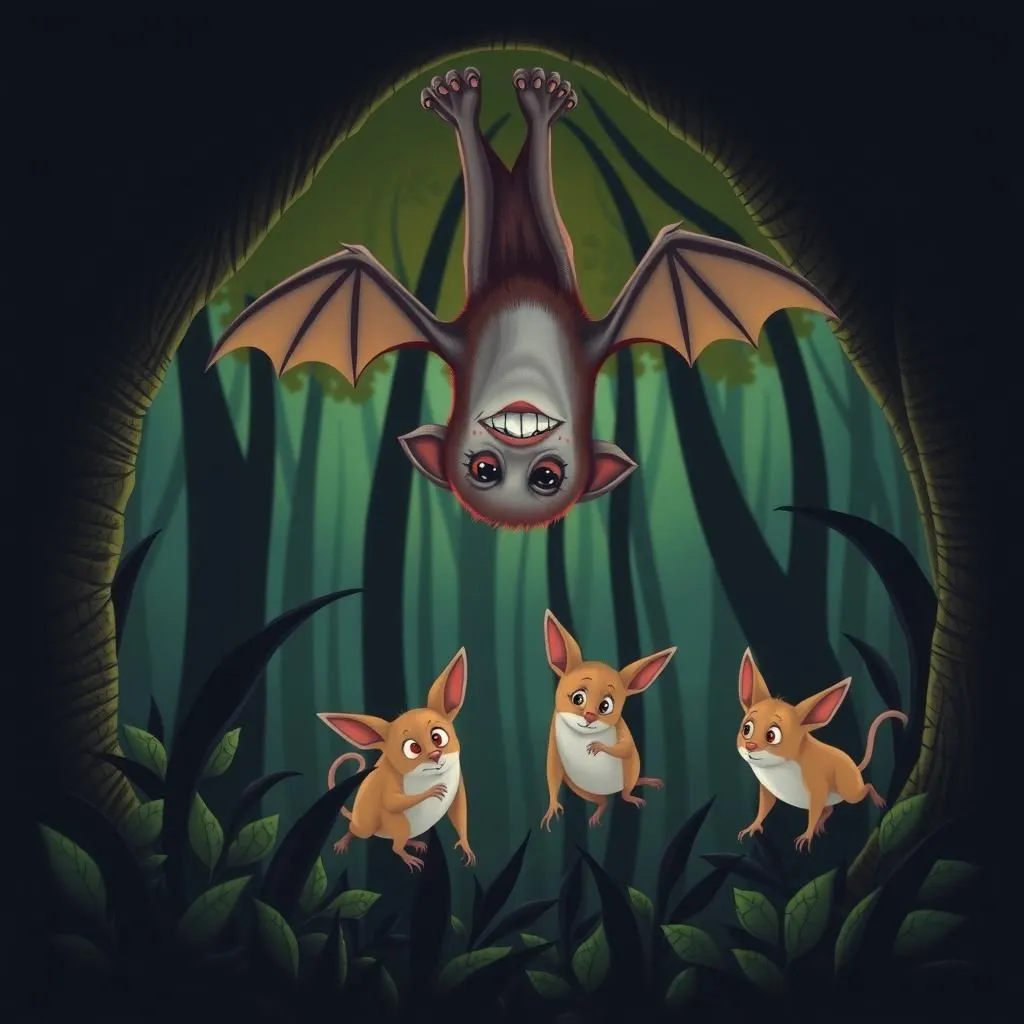
The Master's Eye
In "The Master's Eye," a stag seeks refuge in an oxen stable, promising the oxen valuable information about pastures in exchange for their secrecy. Despite their initial support, the stag is ultimately discovered by the overseer, leading to his demise, which highlights the importance of vigilance and the consequences of misplaced trust. This impactful moral story serves as a cautionary tale, reminding readers of the timeless lessons found in the top 10 moral stories and short stories with moral for adults.


